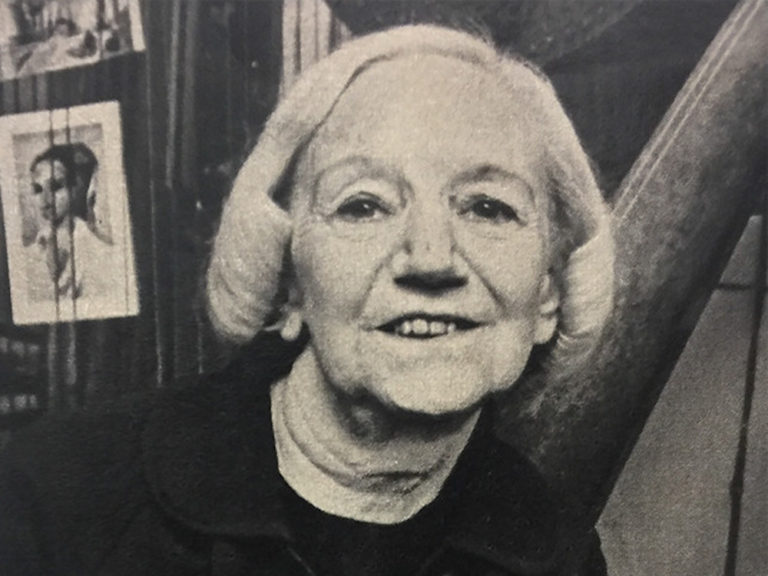
Later the husband tells the narrator that the girl has escaped, and from then onwards, the narrator decides to make his quest for finding the girl his sole purpose, above anything else. The narrator goes to meet the couple at their home, and sees that she remains in a state of terror and submission in the marriage as well. We then learn that she suddenly ditches the narrator and marries another man. I treated her like a glass girl at times she hardly seemed real. Her hair was astonishing, silver-white, an albino’s, sparkling like moonlight, like moonlit venetian glass. Her prominent bones seemed brittle, the protruding wrist-bones had a particular fascination for me. She was over-sensitive, highly-strung, afraid of people and life her personality had been damaged by a sadistic mother who kept her in a permanent state of frightened subjection. Ironically, my aim then had been to shield her from the callousness of the world, which her timidity and fragility seemed to invite. I had been infatuated with her at one time, had intended to marry her. We learn that the narrator and this girl were seeing each other in earlier days, although for a brief period. When I opened a window to speak to the attendant, the air outside was so cold that I turned up my collar. The idea of being stranded on these lonely hills in the dark appalled me, so I was glad to see a signpost, and coast down to a garage. I was lost, it was already dusk, I had been driving for hours and was practically out of petrol. Our male unnamed narrator is traversing the icy roads driven by a growing urge to find the girl he loves.

We don’t know where or when the novel is set, it’s possibly in a frozen dystopian world. When the novel opens, we are in stark, desolate and surreal territory. Here’s what Christopher Priest (of The Prestige fame) wrote in a foreword to the book:Īnna Kavan’s Ice is a work of literary slipstream, one of the most significant novels of its type.Įssentially it’s a book where the boundaries between fiction, science fiction and fantasy are blurred. Ice is one of those books that are easy to read but difficult to write about. Anyway, to cut a long story short I absolutely loved Ice.

Indeed, it dawned on me that to simply label Ice as science fiction was plain lazy, because there is so much more going on. These brilliant covers finally gave me the push I needed.Īnd as I kept turning the pages, I had to admit that all my prejudices were unfounded.

But then I saw new versions of this novel being released by Peter Owen Classics and Penguin Modern Classics.

I had meaning to read Anna Kavan – specifically Ice – for quite some time now but the tags ‘science fiction’ and ‘difficult book’ probably made me hesitant.


 0 kommentar(er)
0 kommentar(er)
